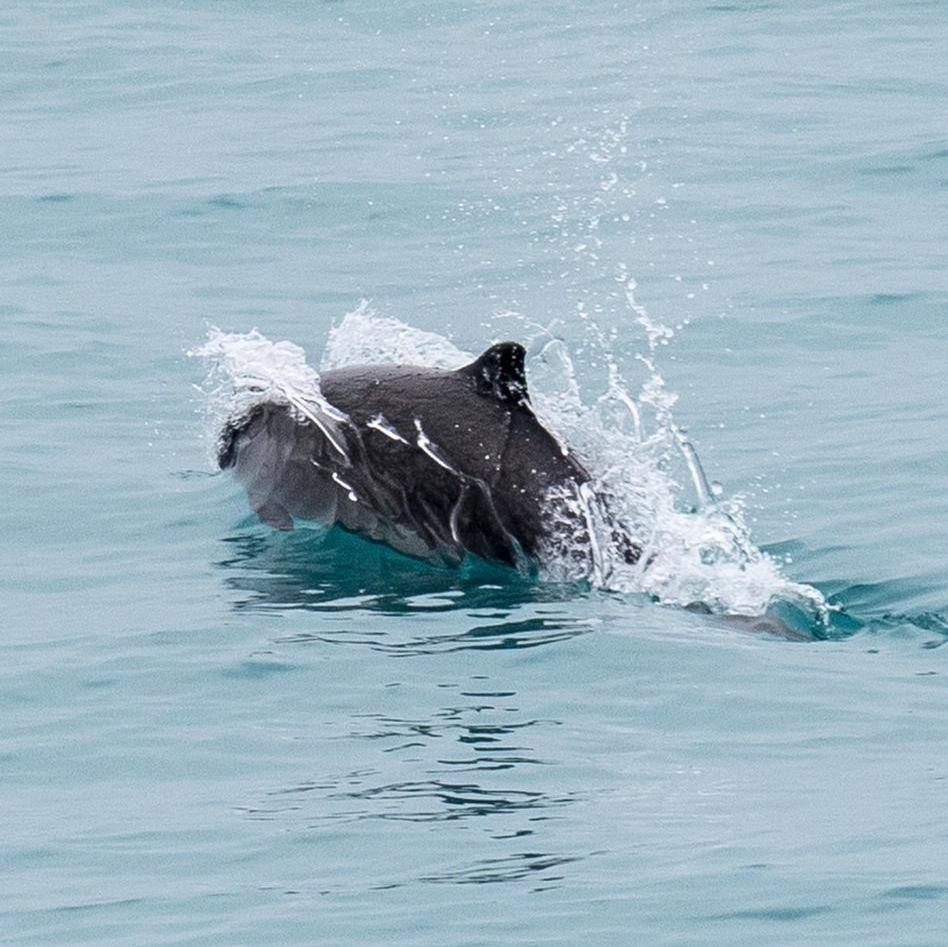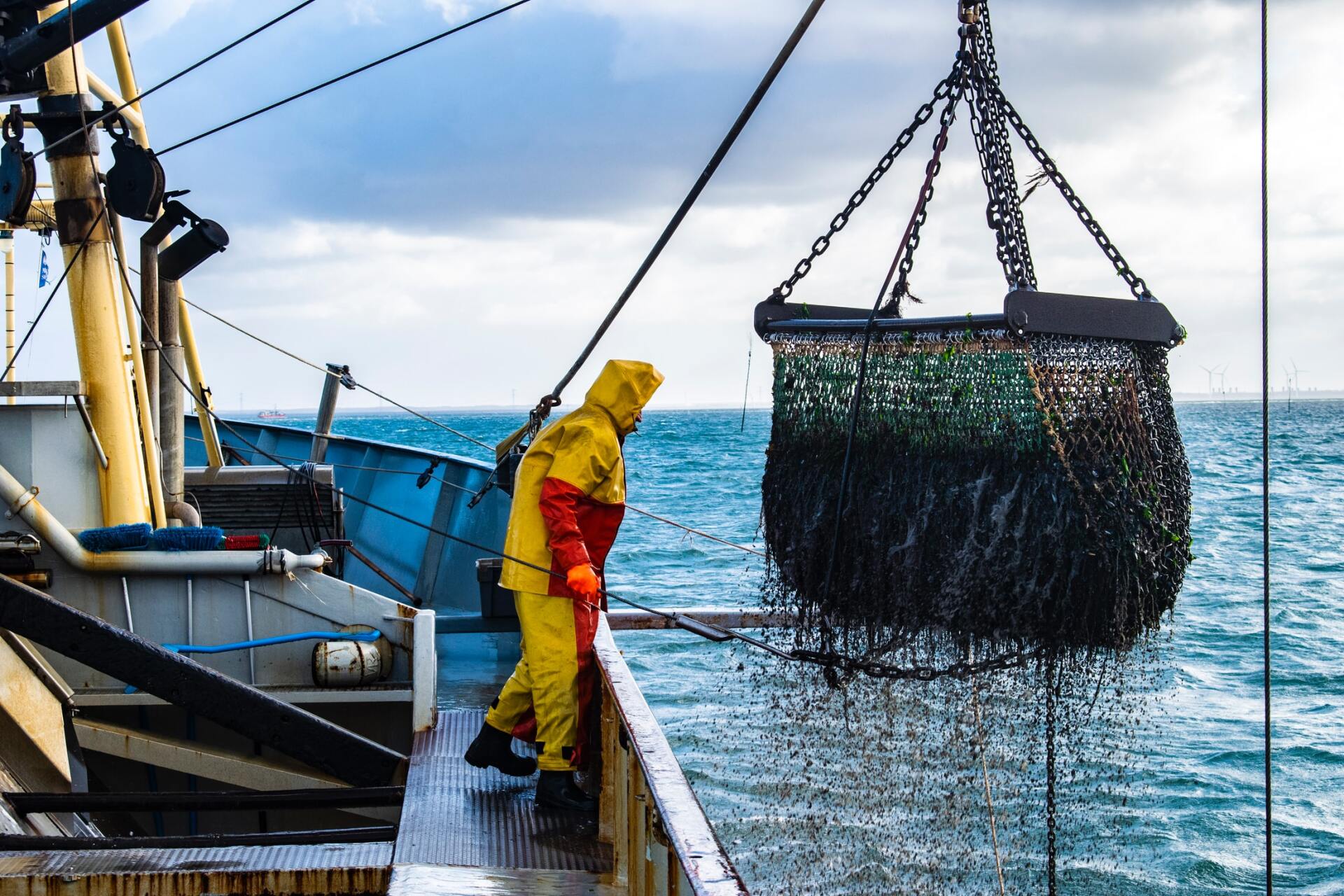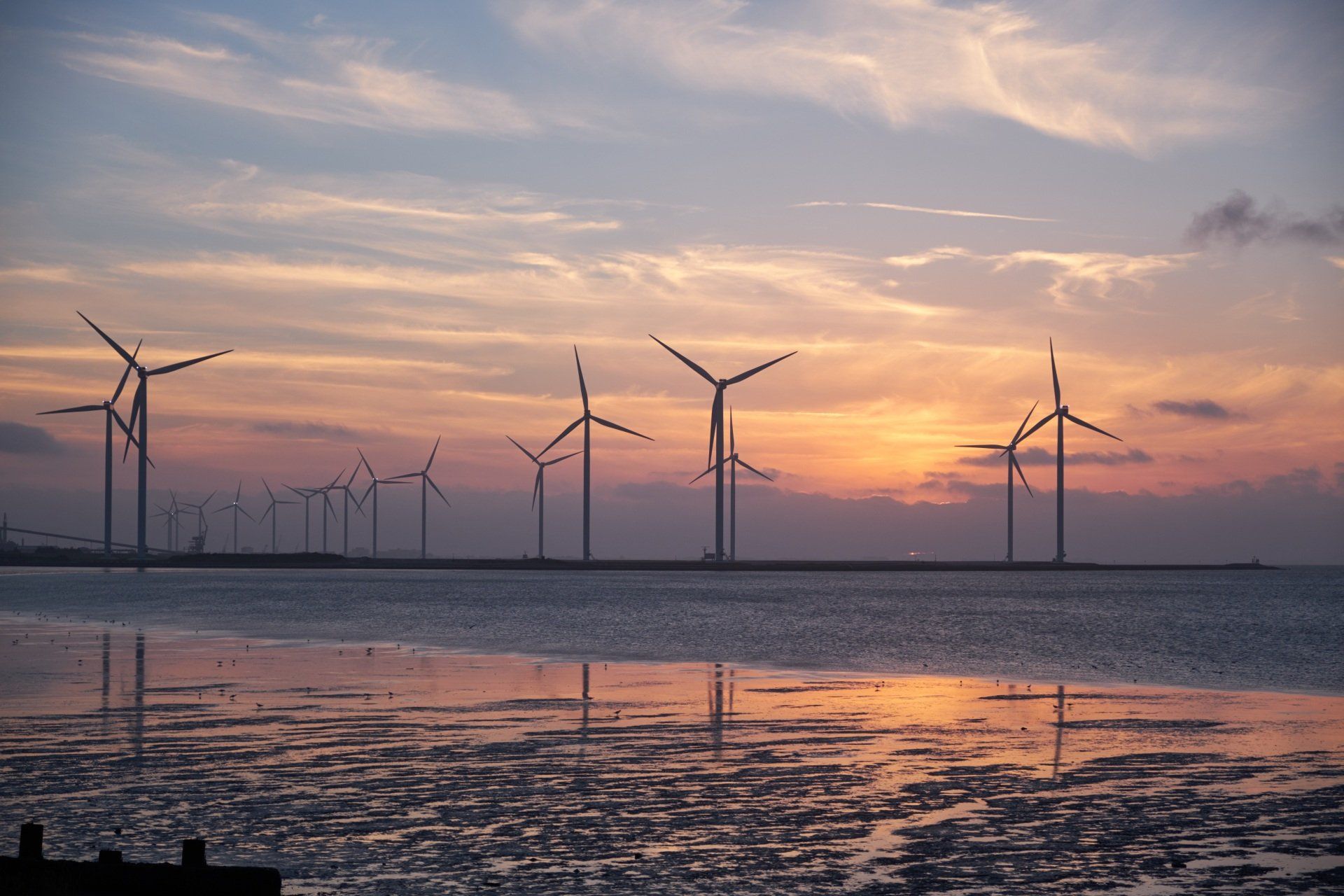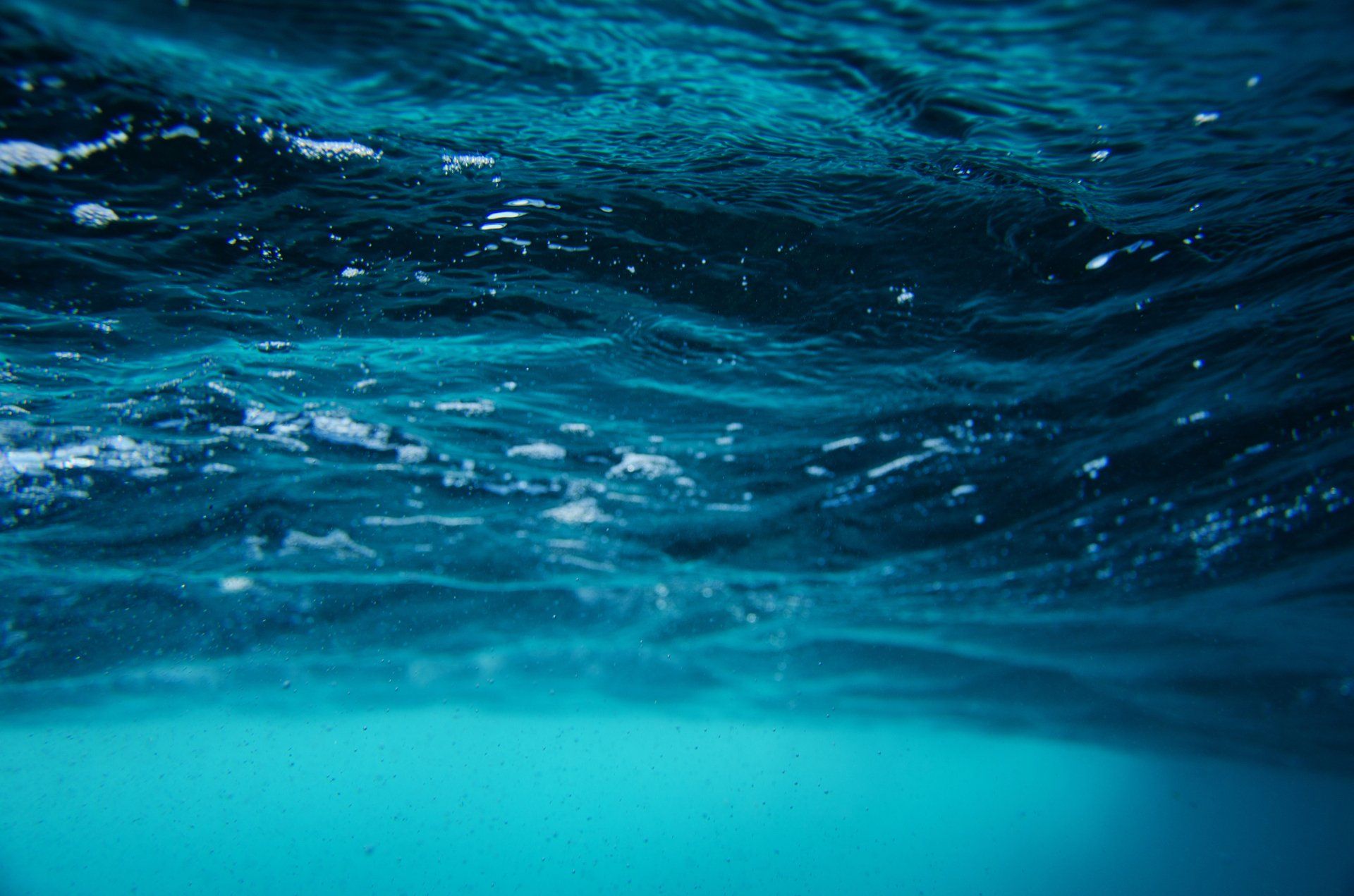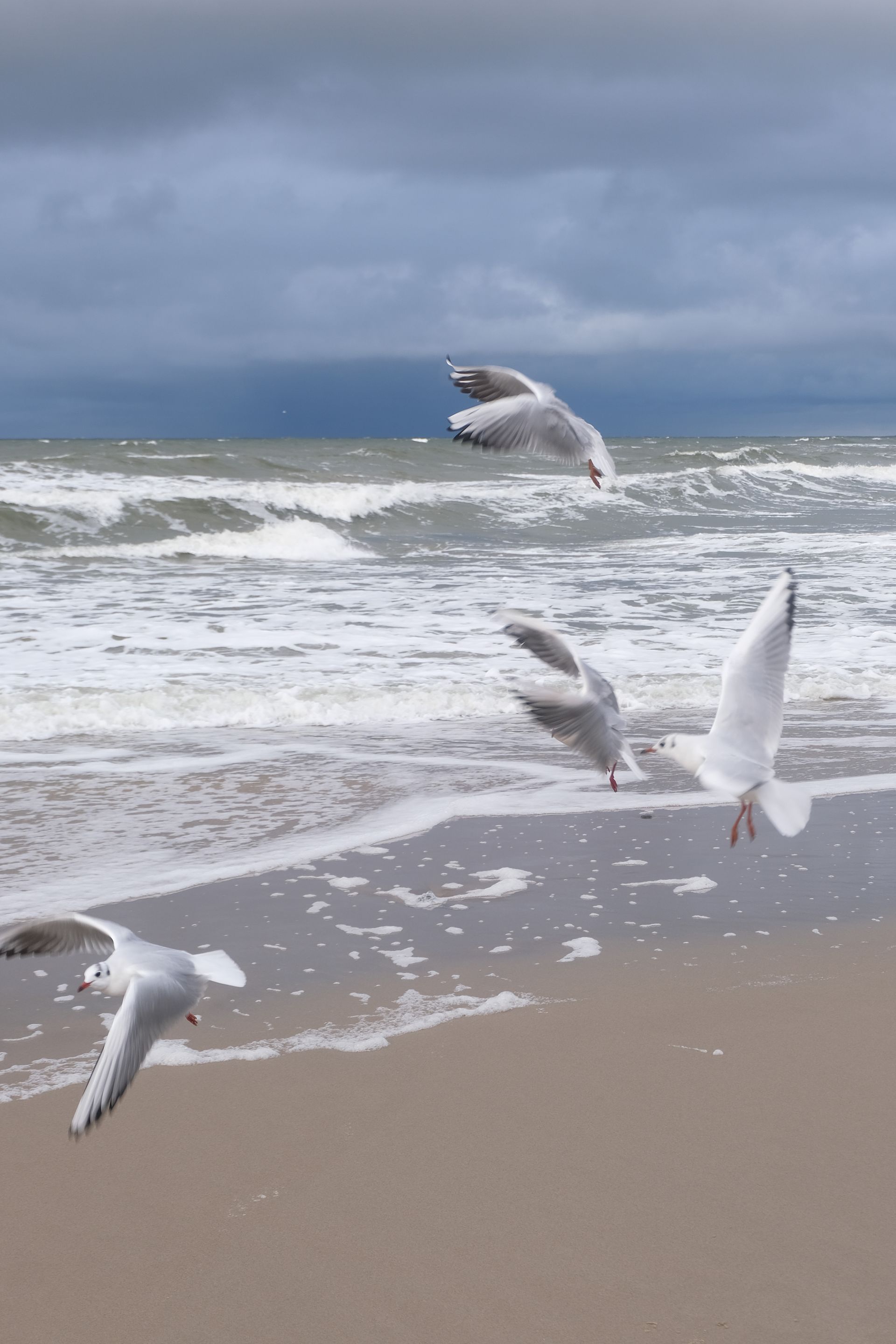
CCB aimed to engage a wider NGO network to coordinate views on the potential review of the MSFD with preparatory work done in 2022, and to coordinate efforts to strengthen implementation of the MSFD.
CCB aimed to advocate strongly for a common understanding of what EBM means in practice. The planned 2023 activities included workshops, meetings & advocacy work at different levels.
The EU Commission decided to postpone the revision of the legal text of the MSFD, thus shifting CCB actions and deliverables considerably. However, CCB's long-term plan to consider potential reviews of MSFD as well as the CFP up towards 2025 is not impacted and the activities to push forward a change towards ecosystem-based management has been implemented as intended.

Promoting the implementation of the updated HELCOM BSAP was since 2022 a cornerstone of CCB’s work, both on topics and on the overarching need to shift towards an integrated management.
CCB has worked continuously to link HELCOMs BSAP/MSFD, to CFP and species protection, such as for eel and porpoise. Acceptance and support for CCBs calls for a changed management is becoming more and more evident. CCB feels that the continued effort towards the goals of improving cooperation between fisheries and environmental managers is giving results.
Considering that this approach has backing
from fishing organisations and the BSAC, and the fact that actively seeking to hold joint meetings with HELCOM/Baltfish is gaining support are good indicators of positive impact.
Protecting species & habitats
The EU Green Deal and Biodiversity Strategy contains several deliverables that CCB has engaged in supporting its development, with the primary objective to advocate for matching the shortcomings and gaps of existing policies. New areas need to be designated to reach the 30/10 % goals and the protection of existing designated MPAs needs to be improved. The definition of "strict protection" will be vital and CCB has been working for an ambitious and strong definition, as well has participated in the discussion especially at the HELCOM level on the definition of OECMs.
CCB presented a document on “Transboundary Marine Protected Areas in the Baltic Sea region” at the HELCOM Working Group on the State of the Environment and Nature Conservation asking to take note of the document and comment on its content.
Moreover, CCB took part in the side event "Delivering global commitments in the Baltic Sea Region" on 30 June 2022, which took place during the UN Ocean Conference in Lisbon, Portugal, and was focused on experiences of the BSR in nominating MPAs and the emerging plans regarding OECMs. CCB addressed the event with keynote statement, highlighting the concerns of NGO community that OECM should not replace MPAs.
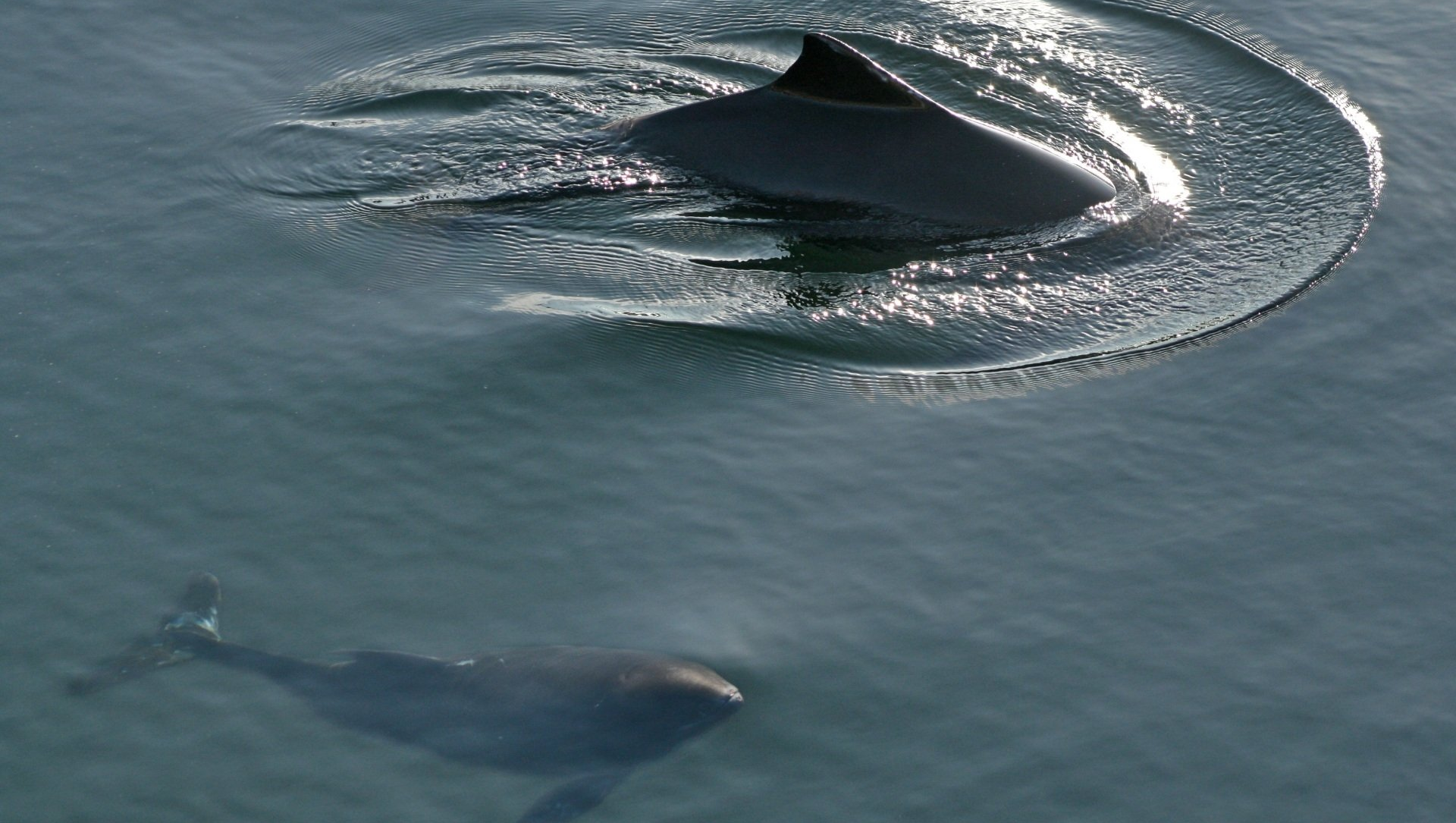
CCB continued harbour porpoise-related work to ensure its full recovery and the protection of its entire natural range. Multiple CCB MOs remain active on harbour porpoise conservation, which made it possible to tackle several actions of national importance in 2023, including pushing for alternatives to the use of pingers and funding acoustic monitoring.
The #SaveTheBalticPorpoise petition was digitally delivered to the Swedish Ministry, and CCB will try to deliver it physically during 2024 in addition.
CCB and other NGOs submitted a report on implementing concerted action for the harbour porpoise. CCB furthermore participated in the IUCN Red list Assessment of the species.
Advocacy was done for the full implementation of ICES’ advice on bycatch mitigation measures through regional cooperation in the HELCOM BSAP and EC Marine Action Plan.
CCB has continued to disseminate knowledge through webinars, seminars, and during CCB Baltic Ocean Literacy School.
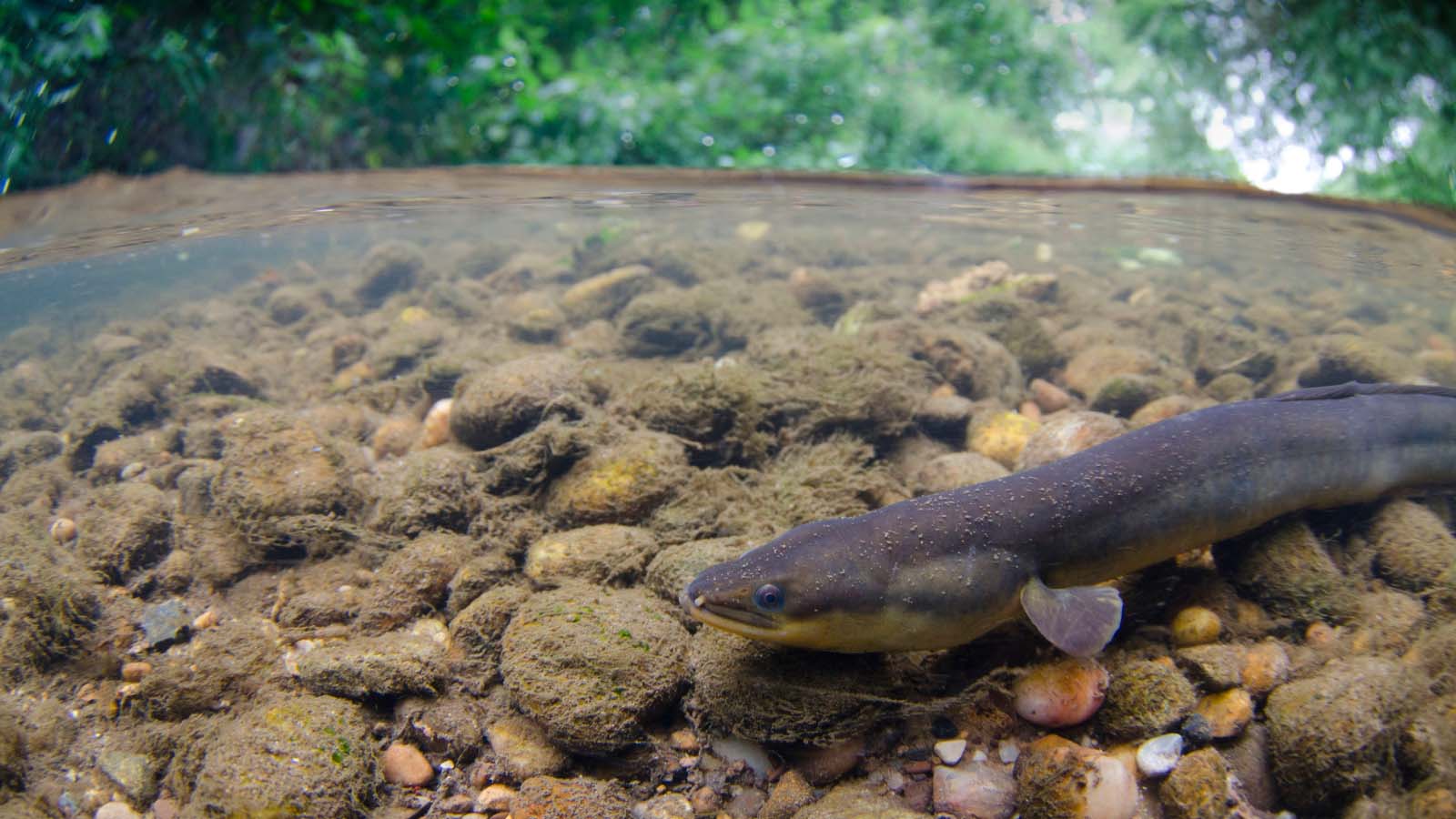
CCB Members and NGOs in multiple countries were strongly involved in eel-focused activities. CCB kept the eel on the agenda in BSAC and worked to update recommendations on salmon in the HELCOM BSAP.
CCB followed up on a project to locate rivers with dams that are barriers to salmon migration and identify alternatives to dams. Restoration of salmon spawning grounds, anti-poaching raids, and monitoring of spawning conditions was also done.
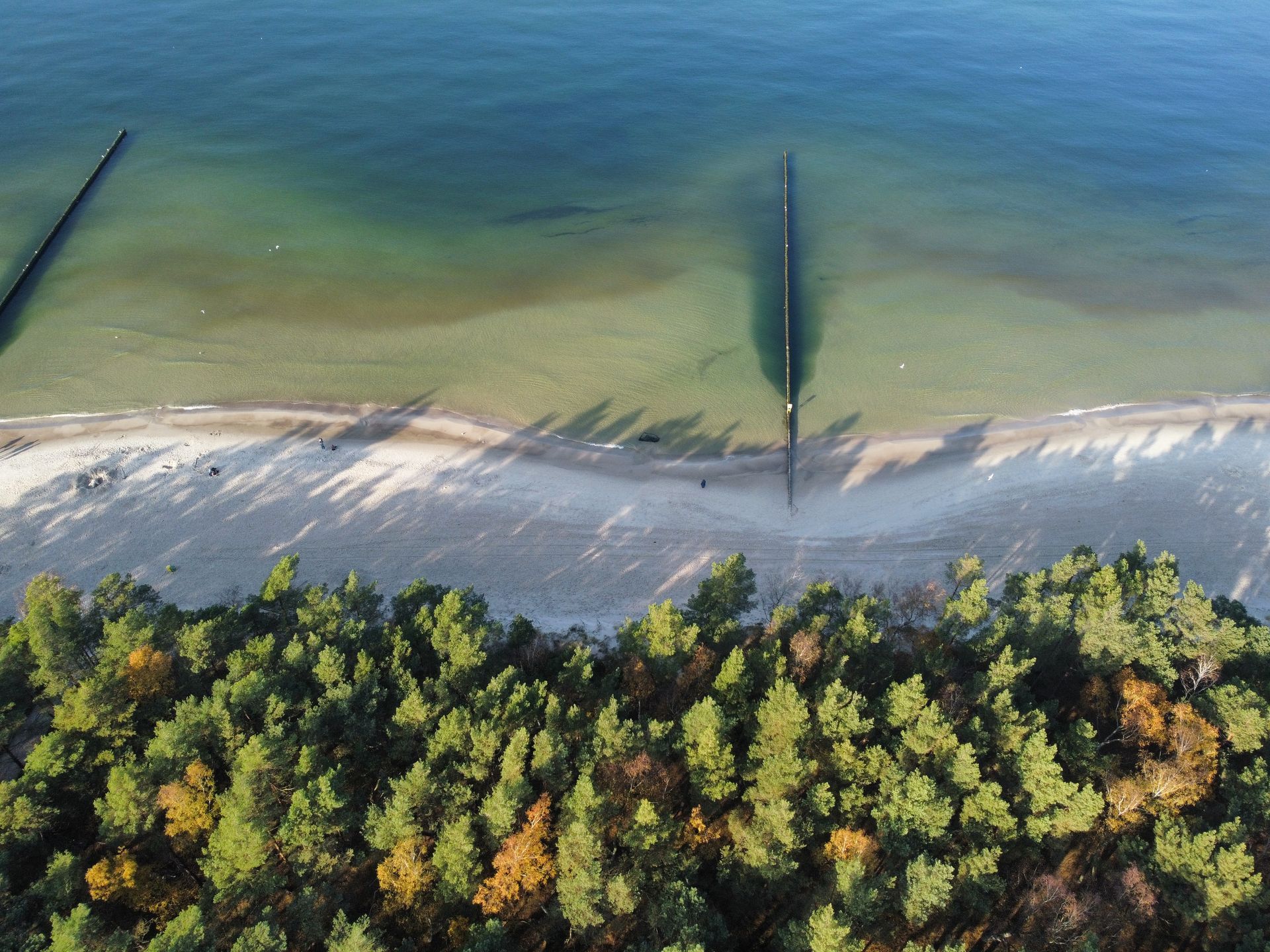
CCB continued highlighting gaps in policies, management and monitoring strategies, and advocated towards the need for new designated MPAs and to improve the management of existing designated MPAs.
Together with MOs, CCB started a position paper to presents OECMs as effective tools towards the protection and conservation of marine areas. CCB became involved in PROTECT BALTIC to collect data on MPA management and legal framework at national levels. CCB also organized and carried out an MPA workshop, the outcomes of which facilitated the drafting of the MPA position paper.
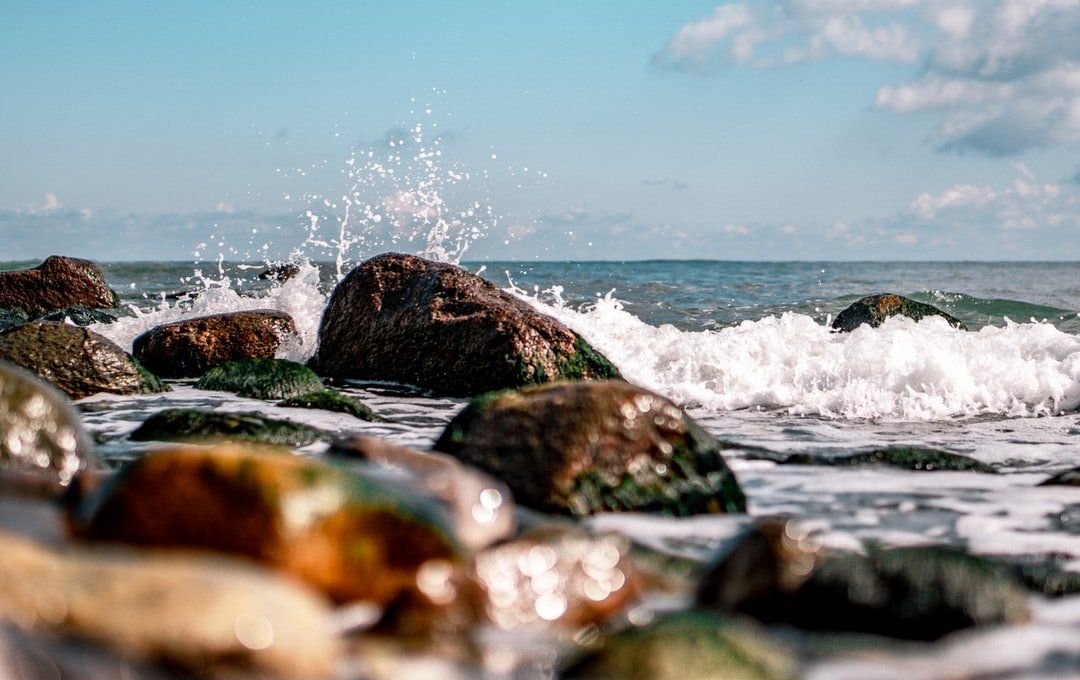
CCB and MOs’ support for the Nature Restoration Law continued into 2023 to ensure that binding restoration targets for marine and river environments are taken into account. Dissemination and advocacy work was done through #RestoreNature campaign and the signing of #RestoreNature NGO joint statement.
Minimizing pressures
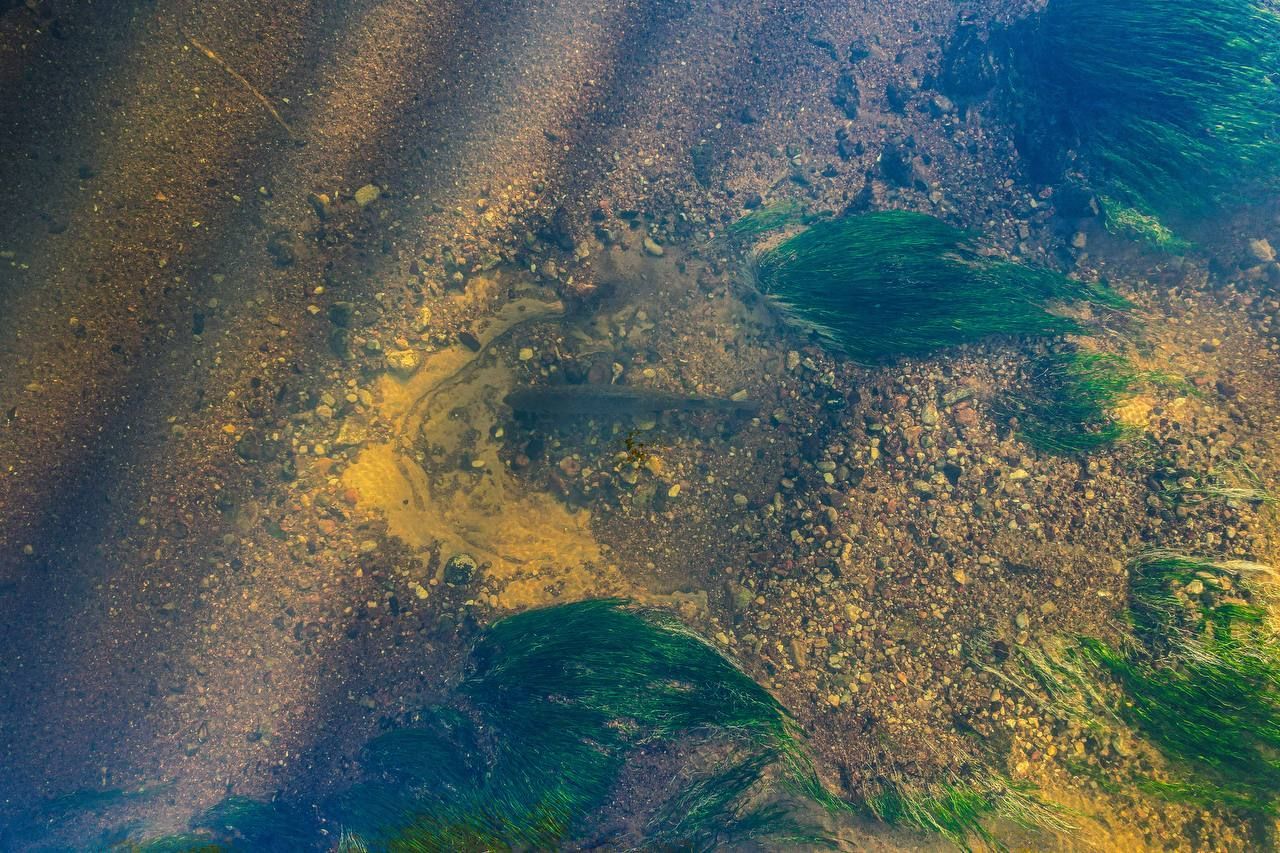
CCB drafted proposals to reduce herring and cod bycatch and address negative habitat impacts, and drafted inputs to annual fishing quotas. CCB engaged in BSAC consultations and meetings, participated in all open BALTFISH meetings, coordinated NGO inputs and called for increased transparency in setting fishing quotas.
As a result of the AGRIFISH Council’s decision to disregard HELCOM’s proposal for TACs, CCB decided to launch preparation for a legal process against them, continuing into 2024.

In collaboration with the WWF Baltic Sea Programme, CCB continued advocating that the expansion of ORE must be in line with the objectives of the Biodiversity Strategy, MSFD, MSP, EU Birds and Habitats Directive, and NRL.
CCB published the Guidelines on Planning Offshore Renewable Energy in the Baltic Sea. A CCB and WWF Policy Brief on OWE was also drafted, targeted to decision makers. CCB organized two webinars focusing on how to integrate nature into offshore wind infrastructure, where the perspectives of wind energy developers, national agencies, and NGOs’ perspectives were brought together.
Read more here.
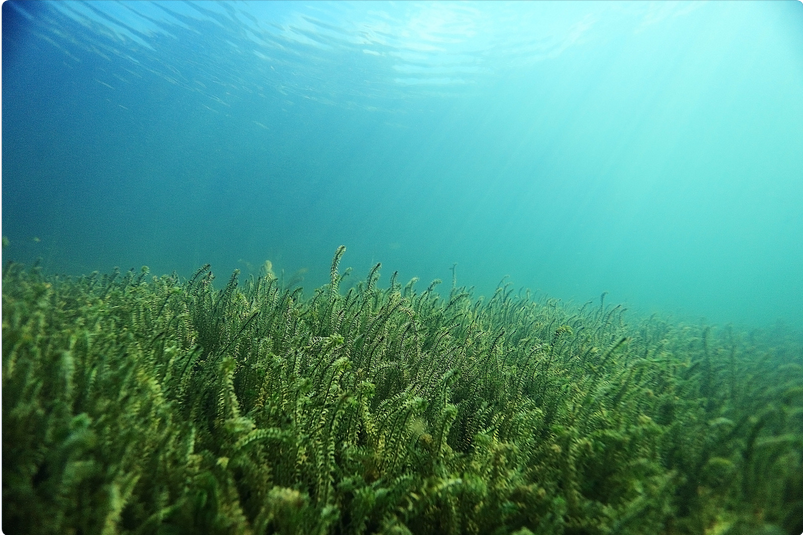
CCB continued to ensure there are ambitious measures in the new BSAP to reduce underwater noise. Finalization of IMO guidelines for the reduction of underwater radiated noise from shipping to address adverse impacts on marine life was also closely followed.
CCB helped disseminate the BUND leaflet “Quiet please!” in 3 Baltic Sea Region languages.
The RED NOISE BALTSHIP project also started with to address need for cross-sectoral and multi-level governance on underwater noise.
